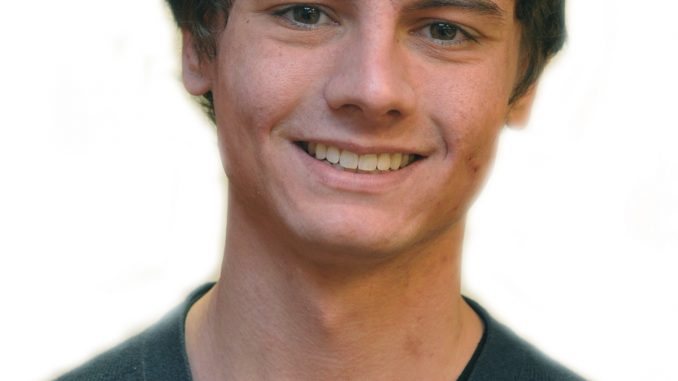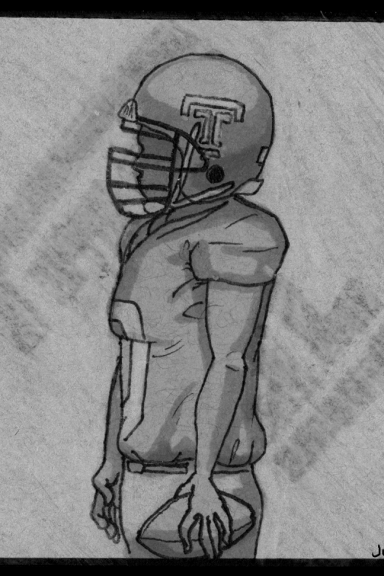

At 1-6, our football team hasn’t lived up to this year’s expectations. But you have to give new coach Matt Rhule a bit of a leash, considering it’s his first year. And for a lot of students, going out every Saturday to cheer on the Owls at Lincoln Financial Field provides a sense of school pride and unity.
Off the field, our athletic teams, in theory, should exemplify teamwork and accountability from players and coaches.
This is what makes the coinciding cases of Kamal Johnson and Praise Martin-Oguike especially baffling in terms of how they were handled.
One student-athlete, Martin-Oguike, was expelled from the university last year after charges of rape were brought against him. Those charges were dropped earlier this month. However, he’s still not allowed to return to school, and even if he were, he would have to pass through a complicated reentry process to rejoin the team.
The other, Kamal Johnson, was suspended last season, but his case was cleared during Temple’s student conduct hearing process when charges of assault and kidnapping, among others, were brought against him. The kidnapping charge was dropped, but Johnson pled guilty earlier this month on two accounts of disorderly conduct and one of harassment. He is currently a member of the team and even played for the Owls earlier this season with pending charges.
The fact that the university could allow a guilty man to remain with the team and boot another before his trial even began is baffling.
That’s because the two scenarios make it unclear what is acceptable in the eyes of the university. Student-athletes represent Temple in a way that is supposed to display consistency. When inconsistencies are this obvious, something needs to change.
The university’s Student Conduct Code is used to deal with these types of issues. Yet what kind of code gives us the results we have now? The sanctions in the Policies and Procedures Manual are too vague to tell.
The manual reads, “Any member of the university community who engages in sexual harassment or other conduct in violation of this policy is subject to the full range of disciplinary action, up to and including separation from the university.”
So essentially, the university can punish students in any way it sees fit. But even if the manual were specific, it would be hard to trust it, considering it contains the following disclaimer:
“The policies and procedures and any other information contained within the online Temple University Policies and Procedures Manual are announcements and are presented for informational purposes only. They in no way serve as a contract between Temple University and any prospective or current student or employee or any other person.”
It’s hard to trust the credibility of the Student Conduct Code, not only because of its vague language, but also because of how it’s been used in practice. Instead, issues shouldn’t be dealt with by universities before they’re handled legally.
A consistent approach has to be taken, which leaves only two options.
Universities could take a page from our legal system, assuming innocence until proven guilty. Charges of assault, harassment and the incredibly disheartening case of rape could be seen just as that: charges. Jumping to conclusions can be dangerous, and the university could hold out until the courts decide on a student’s innocence.
Or, any felony charges could call for immediate suspension or dismissal. No student-athlete accused of any felony could travel with the team or take part in any team activities, let alone one who is found guilty.
These solutions might just be common sense, but the trail of contradictions is fresh. It would be naive to think athletes will stop getting in trouble with the law in the near future.
Martin-Oguike, who now attends community college in New Jersey to pursue a pre-med degree, told The Temple News last week that he didn’t have a problem with what the university did in his case.
Well, he should, because in the eyes of the law, it was the wrong decision.
In one case, guilt was wrongly assumed, and in the other, a student remains an Owl despite pleading guilty. I certainly have a problem with it.
Daniel Craig can be reached at daniel.craig@temple.edu.



Be the first to comment